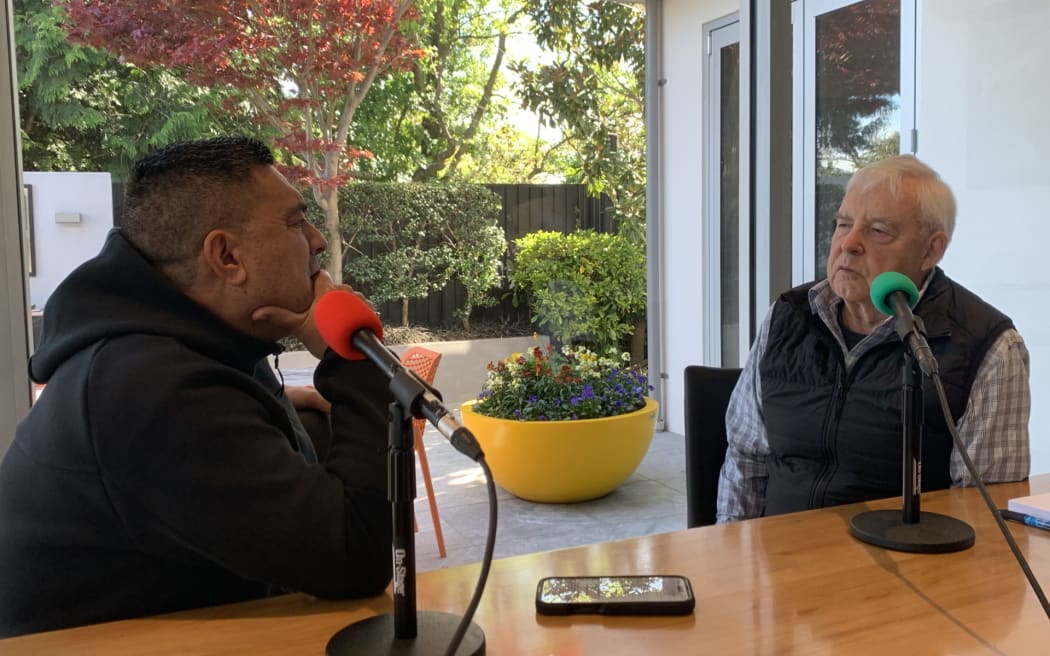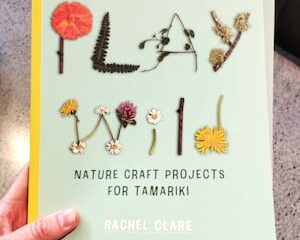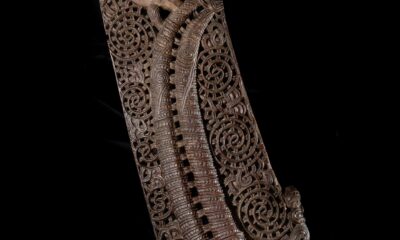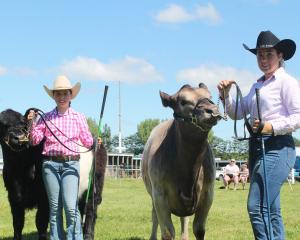Politics
Professor Atholl Anderson Reflects on a Life in Archaeology

Professor Atholl Anderson, a prominent archaeologist and historian from the Ngāi Tahu iwi, has dedicated his career to exploring the rich history and migrations of peoples in the Pacific. Recently, he released a revised edition of his influential work, The Welcome of Strangers: A History of Southern Māori, originally published in 1998. Anderson believes that his journey into history and archaeology was shaped by factors beyond his control, including his upbringing and early experiences.
Childhood Influences
Reflecting on his formative years, Anderson recalls visiting his grandmother’s home in Hāwera, where he encountered numerous Māori artifacts. “I remember there being some pounamu pieces and a taiaha,” he said. These experiences, he noted, instilled an early fascination with Māori culture and history.
His connection to history deepened during his time at Nelson College, where a teacher known as Jerp Patterson sparked his passion for the subject. “He made history just so interesting and alive,” Anderson stated, crediting Patterson with igniting his enthusiasm for learning.
Shaping a Career
After working overseas in Scandinavia, Anderson returned to focus on the history and archaeology of Aotearoa and the Pacific. He expressed a keen interest in the migration patterns across vast ocean distances, saying, “It’s like looking at a new world… you introduce people to it, and then almost like an experiment, you watch to see what they do.” This perspective has driven his research into how early Māori adapted to their new environments.
Anderson’s work often explores the “margins” of cultural history, where he believes significant insights can be gained. For instance, during his excavations on Enderby Island, part of the Auckland Islands, he studied the survival of Māori culture in challenging conditions. “What could they do and what couldn’t they do?” he asked, highlighting the importance of understanding these limitations.
His commitment to his iwi has propelled him to engage deeply with the history of Ngāi Tahu. He participated in the Waitangi Tribunal process, beginning in 1987, focusing on research related to mahinga kai, or traditional food-gathering practices. “It was a marvellous time, really, because it brought the iwi together,” he reflected.
Anderson acknowledged the complexities in merging archaeology with history, noting that archaeology often leaves gaps due to the anonymity of past peoples. “There’s always that gap, which is so hard to cross,” he said, but he believes advancements are being made toward bridging this divide.
As he continues to explore the past, Professor Anderson remains committed to understanding and preserving the cultural heritage of Māori and the wider Pacific community. His insights contribute to a broader appreciation of the intricate histories that shape contemporary identities.
-

 World2 weeks ago
World2 weeks agoPrivate Funeral Held for Dean Field and His Three Children
-

 Top Stories2 weeks ago
Top Stories2 weeks agoFuneral Planned for Field Siblings After Tragic House Fire
-

 Sports3 months ago
Sports3 months agoNetball New Zealand Stands Down Dame Noeline Taurua for Series
-

 Entertainment3 months ago
Entertainment3 months agoTributes Pour In for Lachlan Rofe, Reality Star, Dead at 47
-

 Entertainment2 months ago
Entertainment2 months agoNew ‘Maverick’ Chaser Joins Beat the Chasers Season Finale
-

 Sports3 months ago
Sports3 months agoSilver Ferns Legend Laura Langman Criticizes Team’s Attitude
-

 Sports1 month ago
Sports1 month agoEli Katoa Rushed to Hospital After Sideline Incident During Match
-

 World3 weeks ago
World3 weeks agoInvestigation Underway in Tragic Sanson House Fire Involving Family
-

 Politics2 months ago
Politics2 months agoNetball NZ Calls for Respect Amid Dame Taurua’s Standoff
-

 Top Stories2 weeks ago
Top Stories2 weeks agoShock and Grief Follow Tragic Family Deaths in New Zealand
-

 Entertainment3 months ago
Entertainment3 months agoKhloe Kardashian Embraces Innovative Stem Cell Therapy in Mexico
-

 World4 months ago
World4 months agoPolice Arrest Multiple Individuals During Funeral for Zain Taikato-Fox





















